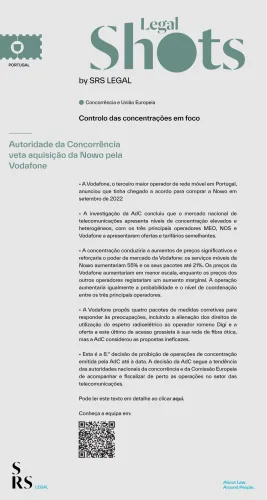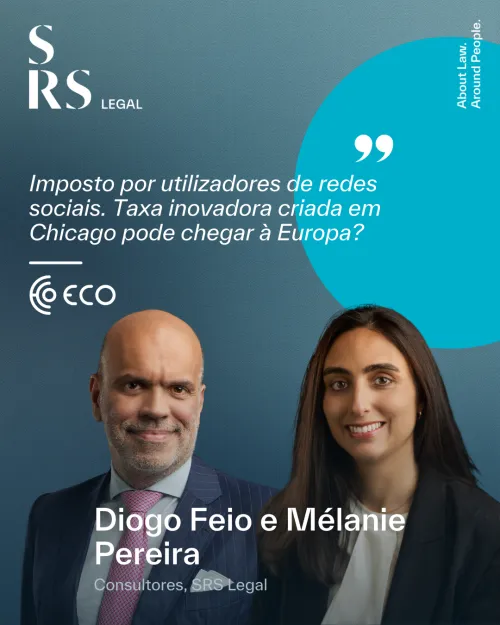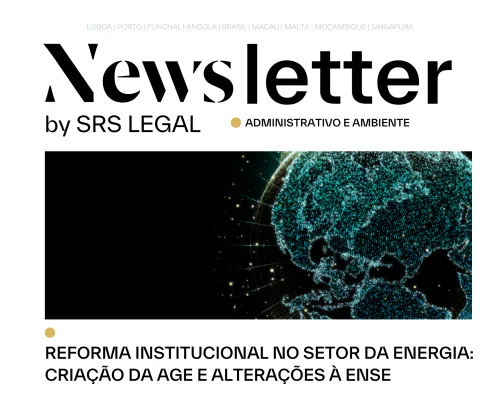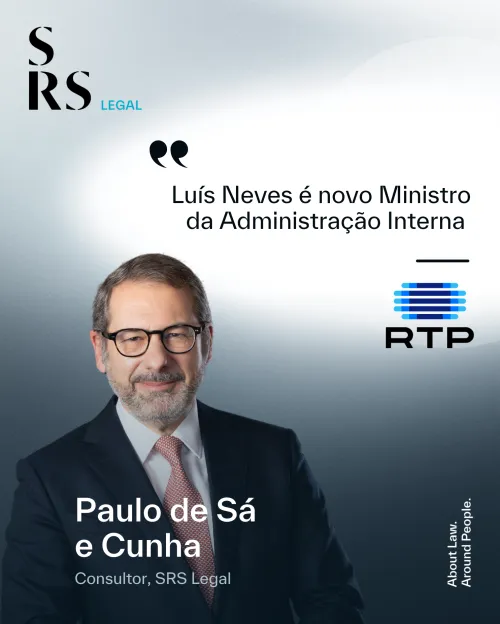Communication
Merger control in the spotlight - Competition Authority vetoes Vodafone's acquisition of Nowo
The Portuguese Competition Authority (PCA) communicated last week it has issued a prohibition decision against Vodafone Portugal, S.A.’s (Vodafone) intended acquisition of exclusive control over Nowo Communications, S.A (Nowo, ultimately controlled by the Spanish Más Móvil Group). Both companies are active in the telecommunications market in Portugal. This is the 8th merger prohibition decision issued by the PCA to date. This statistic may be misleading, as many transactions were abandoned by the notifying parties in the context of imminent prohibition decisions (since the creation of the PCA, approximately 15 transactions have been abandoned).
PCA’s main conclusion is that the proposed merger harms consumers of telecom services because it is capable of creating significant impediments to effective competition in the identified relevant markets.
According to the PCA, the telecom markets in Portugal pre-transaction are already highly concentrated and heterogenous. In addition, customer loyalty periods and bundled offers, common factors in the sector, further contribute to reinforce the barriers to customers mobility between operators and, therefore, reduces the level of competition and increases the barriers to entry and expansion of new operators. In fact, there is currently an oligopoly of 4 companies in Portugal, namely, MEO, NOS, Vodafone and Nowo, the main telecom operators.
The primary concerns highlighted by the PCA includes considering that the 4 to 3 merger would:
- Raise Vodafone’s and its main competitors’ market power (unilateral effects);
- Enhance conditions for coordinated offers among various operators (coordinated effects);
- Reinforce the barriers to the entry into the telecom market in Portugal.
As to the unilateral effects, the PCA considers that Nowo exerts considerable competitive pressure on the other market operators and its “exit” of the market (as an independent player) would lead to significant price increases, reinforcing, as a result, Vodafone’s market power. With respect to the potential coordinated effects, the PCA concluded that the concentration would result in the elimination of the only operator (Nowo) with differentiated and lower-priced offers – the three other players in the telecom market would have a parallelism or alignment in their offers and, thus, the merger would reinforce the coordination among them.
Finally, the barriers to entry in the mobile segment would be reinforced by the fact that Vodafone, which is already a mobile telecom operator, would concentrate spectrum – to be noted that Nowo recently acquired radio spectrum via a 5G frequency auction, which will allow it to develop its own mobile telecommunications network.
Vodafone submitted a total of four remedy packages to mitigate the potential effects indicated above, including divestments of radio spectrum to new entrants (such as Digi Portugal). However, all of them were rejected by the PCA because they would allegedly not efficiently address the concerns raised by the concentration. The divestment, in Vodafone’s view, would maintain the competition that would be eliminated as a result of the conclusion of the merger, “replacing” Nowo’s role on the market with Digi. But the authority said the idea that Digi’s market entry depended on Vodafone acquiring Nowo was a “misconception.”
Vodafone can still appeal PCA’s merger control decision to the Competition, Supervision and Regulation Court and also exceptionally to the Portuguese Council of Ministers in the latter case if it can prove that “the benefits resulting [from the transaction] for the pursuing of fundamental strategic interests of the national economy effectively outweigh the disadvantages for competition inherent to its conclusion”. This latest mechanism, however, was used only once in Portugal.
The telecom market in Europe is being closely followed by the national competition authorities and by the European Commission (EC) and is inserted in the discussions among companies, other stakeholders and Governments about the future of EU’s digital infrastructure. At the one side, telecom companies advocate for the existence of a “leeway” for national market mergers because the sector would be more attractive to investors. Opposing to that, the EC argues that these transactions require a case-by-case analysis and that conditions must be created to make sure that there is a real single market functioning that allows the emergence of telecom pan-European players.
Examples of the EC’s recent activities on this subject includes conditionally clearing Orange/MásMóvil transaction (Spain) in February 2024 with remedies – which, by the way, are similar to the ones proposed by Vodafone in Portugal (sale of radio spectrum to Romanian operator Digi).





